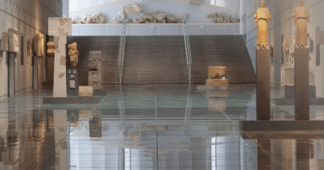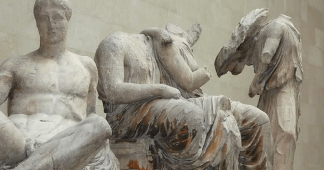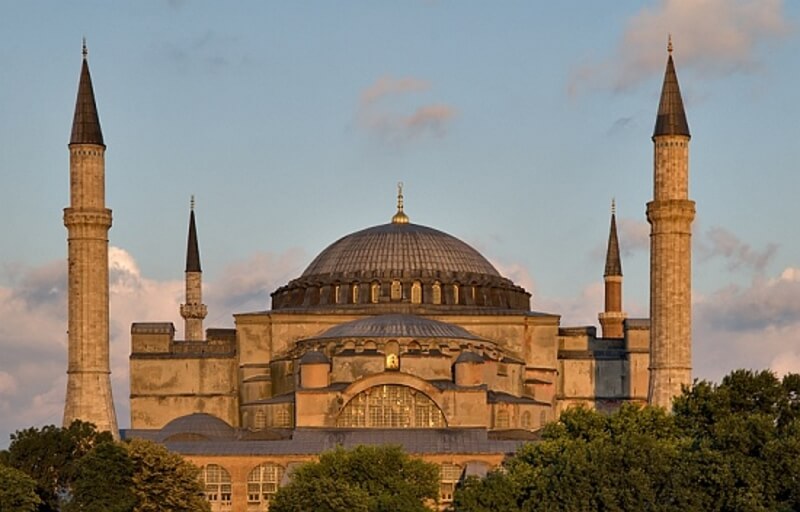Feb 13, 2023
Five of largest public museums in Greece are closed on Monday, February 13, due to the 24-hour strike by the Association of Greek Archaeologists.
Closed are the National Archaeological Museum of Athens, the Byzantine and Christian Museum, the Archaeological Museum and the Museum of Byzantine Culture of Thessaloniki and the Archaeological Museum of Heraklion, Crete.
Archaeologists protest the draft law tabled by the Culture Ministry and expected to be voted today in Parliament. The draft law regards the change of the operating status of the museums into Legal Entities under Public Law (PLL/NPDD).
Protesters held rallies outside several museums on Monday morning, while they have announced two more rolling strikes, on Tuesday 14 and Wednesday 15 February.
At the same time, the Association of Greek Archaeologists announced that it will appeal to the Council of State, against the new law and until the decision is issued, it will not recognize its validity.
What changes in Museums with their conversion into NPDD
The draft law of the Ministry of Culture and Sports, which is coming up for a vote in the Parliament today, brings about major changes to the decades-long operating status of the country’s five largest public museums, through their transformation into Legal Entities under Public Law (PLL), as they are , that is, the Acropolis Museum.
The main changes concern the administrative status of the specific museums. They will no longer be managed exclusively by archaeologist managers – civil servants, as was the case until today, but by mixed boards of directors appointed by the Minister of Culture, without the requirement that they be archaeologists.
Specifically, three members of the Board will be personalities of recognized prestige in the field of arts, letters and sciences and two will come from the Ministry of Culture. Personalities who have distinguished themselves for their successful professional and social activity will be appointed as president and vice-president. The general director of the museums will address this seven-member board in order to obtain approval for any issue related to their operation.
Furthermore, under the new regime, the five museums will manage themselves the resources they collect from tickets, sales, events, etc., which until now have been collected by the Organization for the Management and Development of Cultural Resources (ODAP), and through of these are expected to be self-financing.
In addition, they will have the possibility not only to lend and borrow works, with a five-year duration and the possibility of renewal, but also to establish branches in foreign countries in order to exhibit some of their collections in the long term.
However, the regime regarding the insurance of movable antiquities will also change as a state guarantee system will be established, for the first time, which will exempt museums from the exorbitant costs of private insurance premiums.
As far as museum workers are concerned, they, if they wish, remain in their positions while other organic positions will be opened which will not be addressed to employees of the Ministry of Culture.
Culture Minister, Lina Mendoni, speaks of “necessary modernization.”
We remind our readers that publication of articles on our site does not mean that we agree with what is written. Our policy is to publish anything which we consider of interest, so as to assist our readers in forming their opinions. Sometimes we even publish articles with which we totally disagree, since we believe it is important for our readers to be informed on as wide a spectrum of views as possible.











